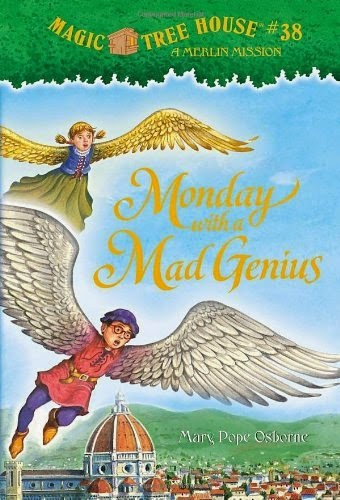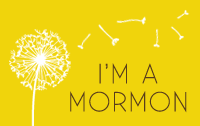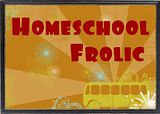Today I labored, as is only appropriate on Labor Day, over the school year calendar. I like to have the year mapped out (a residual effect of being a professional teacher or just Type A behavior?) and now that it is, I haven't stopped patting myself on the back. The calendar worked out brilliantly. We're studying the pilgrims (legitimately) the week of Thanksgiving and the Revolutionary War (legitimately) the week of July 4th. How is that for amazing?
Granted, my yearly plans never go as planned but let me have a few more minutes to gloat over my calendar's awesomeness before I face that reality.
I spent all day poring over my two spines:
The Age of Discovery by Timelink and
The Elements: Ingredients of the Universe by Ellen McHenry. I will also be using Ellen McHenry's second chemistry course,
Carbon Chemistry, but I don't own it yet.
I broke everything down into pieces and then assigned each piece to a day. So very, very time consuming, but so very, very worth it for me.
September is devoted to history. Here is how it breaks down--
3rd: Joan of Arc, any other catching up, start timelines on paper roll
4th: map practice, what the world looked like at the end of the Medieval period, work on timeline
5th: Columbus and Magellan, read books about them, map where they went, discuss expanding world
8th: Cortes and the Aztecs, Pizarro and the Incas, Jacques Cartier in Canada--maps and timeline
10th: Ottoman Turks under Suleiman 1, Babur in India and the start of the Mogul Empire, maps, any documentaries I can find, books if I can find them
11th: Protestant Reformation, Martin Luther, Calvinism, Venn diagram for Catholicism and Protestantism, Henry VIII divorces first wife so England breaks with Catholicism
12th: Review of major world religions, Venn diagrams, books
15th: overview of Renaissance, definition of rebirth, ancient Greeks, ancient Romans, humanism--humans can accomplish anything--focus on this life instead of afterlife, Medici (look for documentary), patrons, Gutenberg
16th: Painters that made a difference: Titian, Raphael, Michelangelo, Donatello, etc., try to draw like one of them
17th: Perspective, Erasmus, Machiavelli (maybe)
18th: Guest lesson on perspective, draw
22nd: Durer, Hans Holbein, Leonardo da Vinci, try to make one of Leonardo's inventions
24th: Akbar--Mogul India--map; Toyotomi Hideyoshi--Japan, maps, timelines, Africa beginning of slave trade, French Civil War
25th: guest artist--another perspective lesson
29th: Spain's Golden Age; empire, Cervantes, El Greco, defeated Portugal, Dutch revolt against Spain, map Spain's empire
October 1st: Elizabethan England; England's Golden Age, new worlds, Richard Chancellor
2nd: Shakespeare
3rd: Pirates/Spanish Armada
At that point, we start chemistry. I assigned one week to each chapter in the chemistry book, so I won't bore you will listing the dates here.
I wrote out the whole year like this. Granted, I might end up scratching some things (like Machiavelli), depending on what is available at the library and how interested I think my children will be. We might spend an extra day on pirates if I find enough cool things to justify it. My schedule is usually pretty fluid, but having it laid out allows me to focus further planning on the nitty gritty of how I'm going to introduce the ideas to my kids.
Having everything outlined also allows to me focus my library searches and limit how many books I have out from the library at one time. It also allows me to figure out how extra reading assigned to Miriam and Emeline fits in with the overall calendar.
Today was so productive! I keep thinking I should work on school some more but . . . I think I'll rest on my laurels, read a novel, and eat something Chinese. Happy labor day!



























